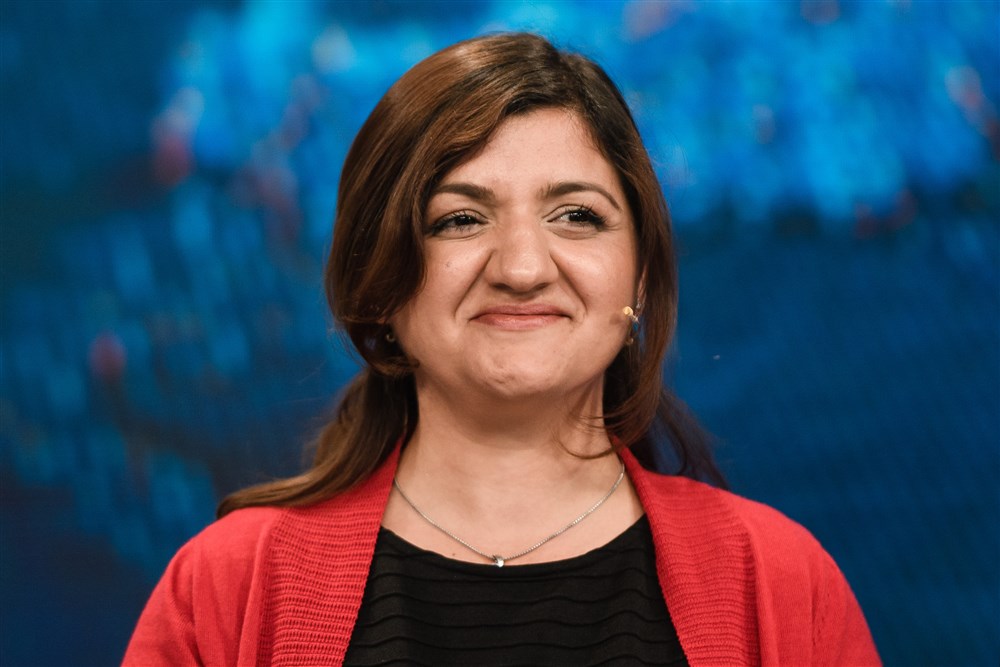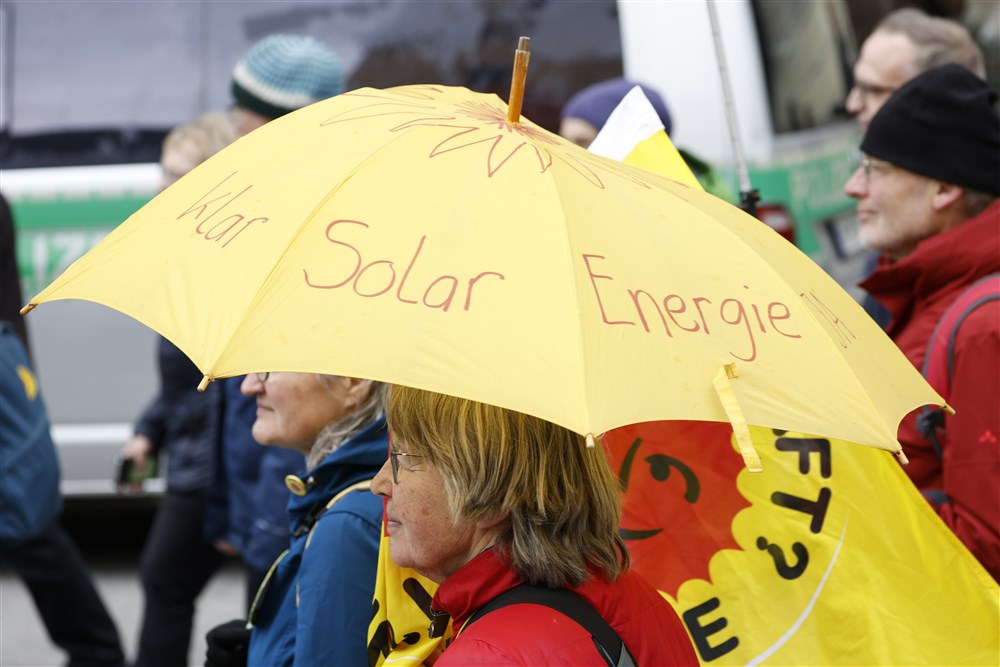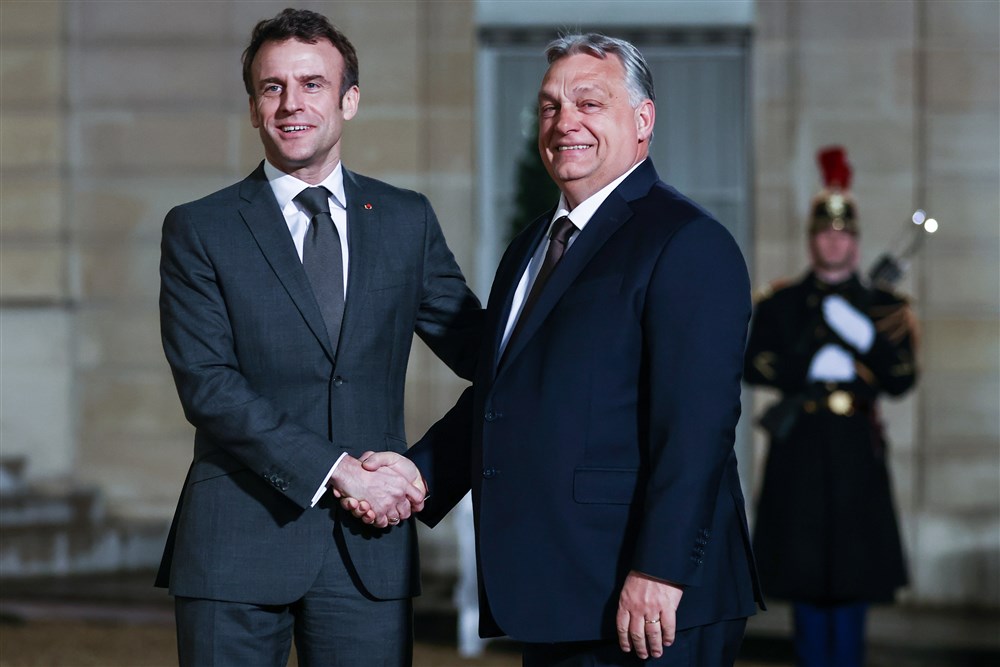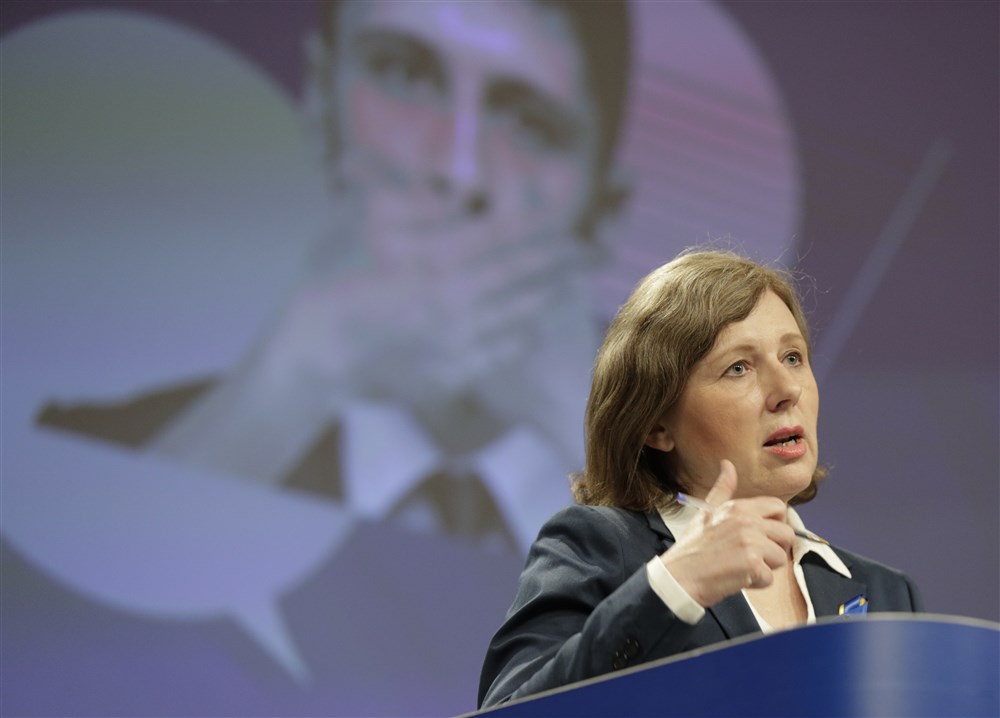The European Commission on April 25 put on a brave face as the agreement it brokered between Serbia and Kosovo appeared to be breaking down.
Despite having promised in the agreement not to impede each other’s progress towards joining international bodies, Serbia on April 24 voted against Kosovo joining the Council of Europe.
While the Council of Europe is not an EU institution it is considered a stepping stone on the path to EU membership as it plays an important role on issues such as human rights.
In the agreement on the “normalisation of relations” between the two countries Serbia agreed “not to object to Kosovo’s membership in any international organisation”. Asked if this evident violation meant that the agreement was a dead letter, European Commission spokesman Peter Stano disagreed. “The agreement is alive because it is being taken forward,” he said.
The executive expected “all articles of the agreement to be implemented swiftly, rapidly, in good faith and independently of each other,” he said. Implementation of the agreement was based on a “step by step approach” meaning that each country had to “do something in order to get something”, Stano said. Leaders from the two countries are due in Brussels to continue negotiations next week.
“Speculation about the signature is totally irrelevant,” Stano said, referring to the fact that while agreed in principle, neither side had actually signed it.
Pushed to declare whether Serbia’s Council of Europe vote was a breach of the agreement or not, the Commission spokesman would not be drawn.
President Aleksandar Vučić of Serbia has stated publicly that while he will attend more talks in Brussels on May 2, he is “not optimistic” regarding progress. “The Serbian people have shown that they are looking for a completely different approach from the international community, respect, real dialogue, and not the imposition of solutions,” Vučić said, according to Euractiv.
Tempers began to rise last year when the government in Pristina announced that all vehicles belonging to Kosovo citizens had to carry Pristina-issued plates. This offended the Serb minority in the north of the country who use Serbia-issued plates. Roadblocks, walkouts and a mobilisation of security forces by Serbia have taken place since the decision.
Serbia does not recognise Kosovo’s independence (neither do a number of EU Member States). Traditionally good relations between Serbia and Russia make this a technical spat on the EU’s border with a wider diplomatic dimension.
Brussels is holding out EU membership as both a carrot (if implementation goes well) and a stick (i.e. no progress if it doesn’t) though some question the EU’s influence over both parties.





